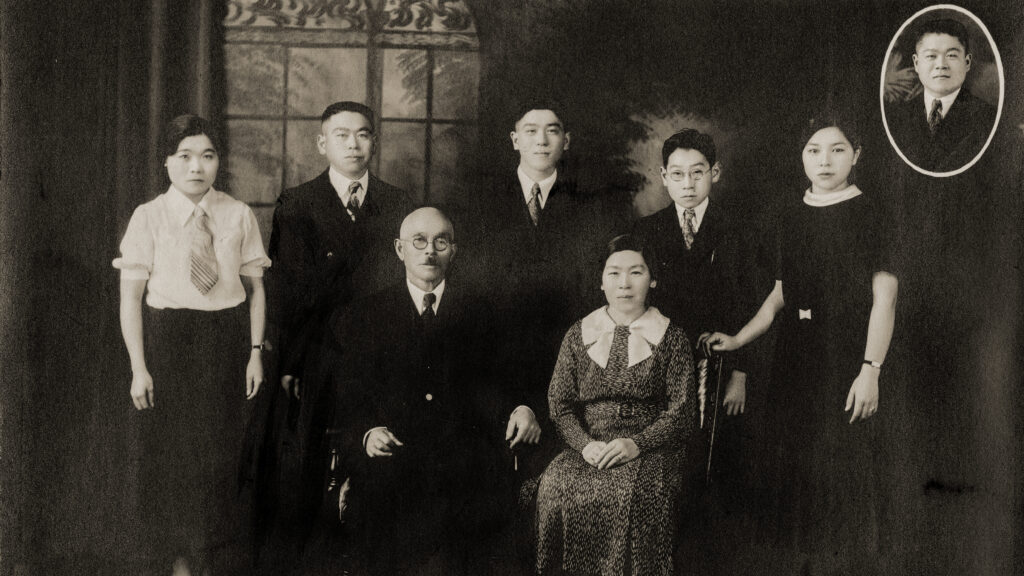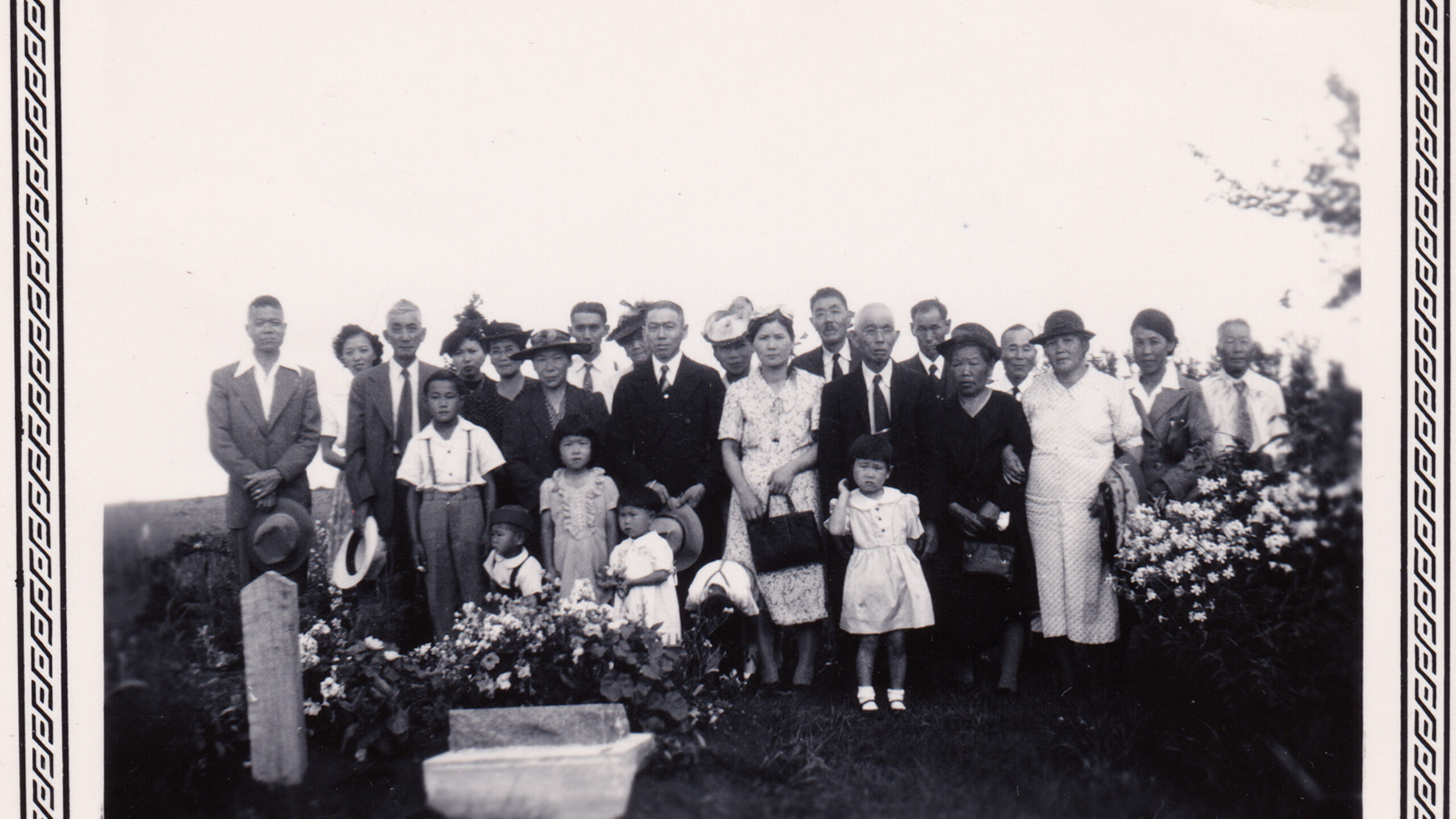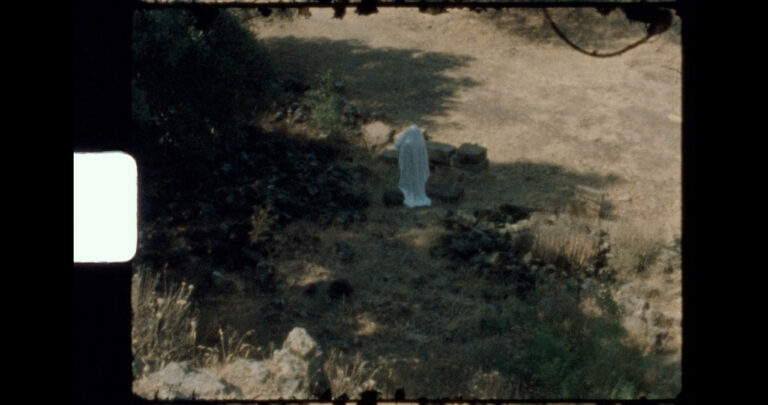File No. 2304: A Family’s History Unearthed in Five Minutes
A.S.M. Kobayashi’s File No. 2304 may be brief, but its emotional depth resonates long after it ends. In just five minutes, the film takes us into the National Archives, where a family’s story of internment and dispossession unfolds through photographs and records. For me, this film wasn’t just about history—it was about how we confront painful legacies and reclaim our narratives.
Archival Material That Speaks Volumes
What makes File No. 2304 so powerful is its simplicity. Kobayashi uses photographs and documents as more than evidence—they become voices of the past. As the film moves through these materials, the story of a family’s internment during World War II comes into focus. The restrained visuals create a sense of intimacy, allowing the viewer to sit with the weight of each image.
This reminded me of A Fidai Film, where archival footage was reclaimed to confront cultural erasure. Similarly, File No. 2304 transforms static records into living, breathing history. It’s a reminder that even the smallest fragments can tell profound stories.

A Personal Connection to a Shared History
As I watched, I couldn’t help but think about how personal this story feels, even though it reflects a broader historical experience. Kobayashi’s focus on one family makes the tragedy of internment feel immediate and real. Like A Stream of Echoes, which connects personal archives to larger themes of displacement, File No. 2304 bridges the personal and the universal.
For context on the history of Japanese-American internment during World War II, this article on the Japanese-American Internment Camps offers a detailed overview.
Why You Should Watch File No. 2304
This film proves that storytelling doesn’t need a long runtime to make an impact. In just five minutes, Kobayashi delivers a poignant meditation on history, loss, and resilience. For me, it was a reminder of the importance of preserving and reclaiming narratives, especially those that have been silenced.
If you’ve been moved by films like A Fidai Film or The Treasury of Human Inheritance, which confront historical erasure and inherited legacies, File No. 2304 will resonate deeply. It’s a brief but unforgettable film that invites us to reflect on the stories we carry and the ones we choose to uncover.
Discover more from DG Speaks
Subscribe to get the latest posts sent to your email.





